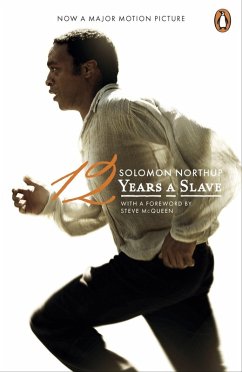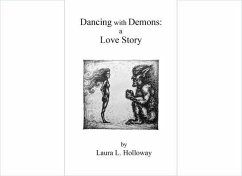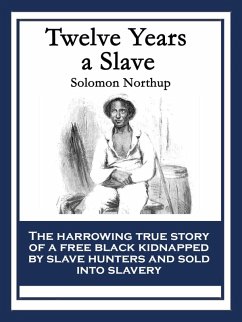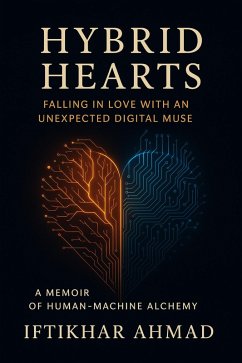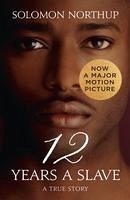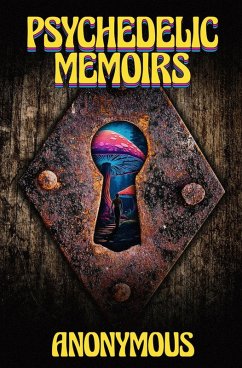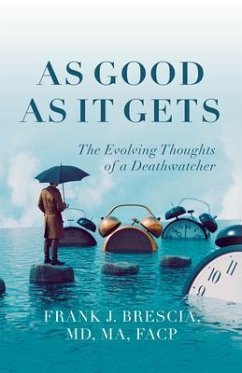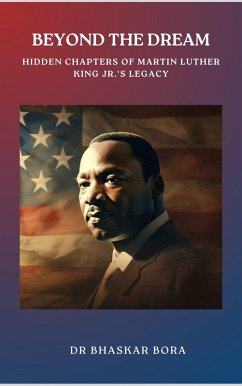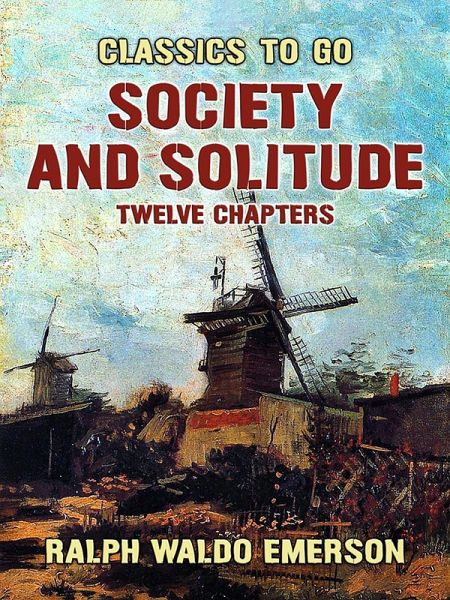
Society and Solitude Twelve Chapters (eBook, ePUB)

PAYBACK Punkte
0 °P sammeln!
This book of twelve essays published in 1875 is a collection of lectures delivered throughout Emerson''s career. Composed with his characteristic spark and wit, they are touching reflections on a life well spent. Each chapter begins with lines of verse followed by his narratives which share a common cheerful theme: the world is filled with goodness for those willing to receive it.
Dieser Download kann aus rechtlichen Gründen nur mit Rechnungsadresse in A, B, BG, CY, CZ, D, DK, EW, E, FIN, F, GR, HR, H, IRL, I, LT, L, LR, M, NL, PL, P, R, S, SLO, SK ausgeliefert werden.





